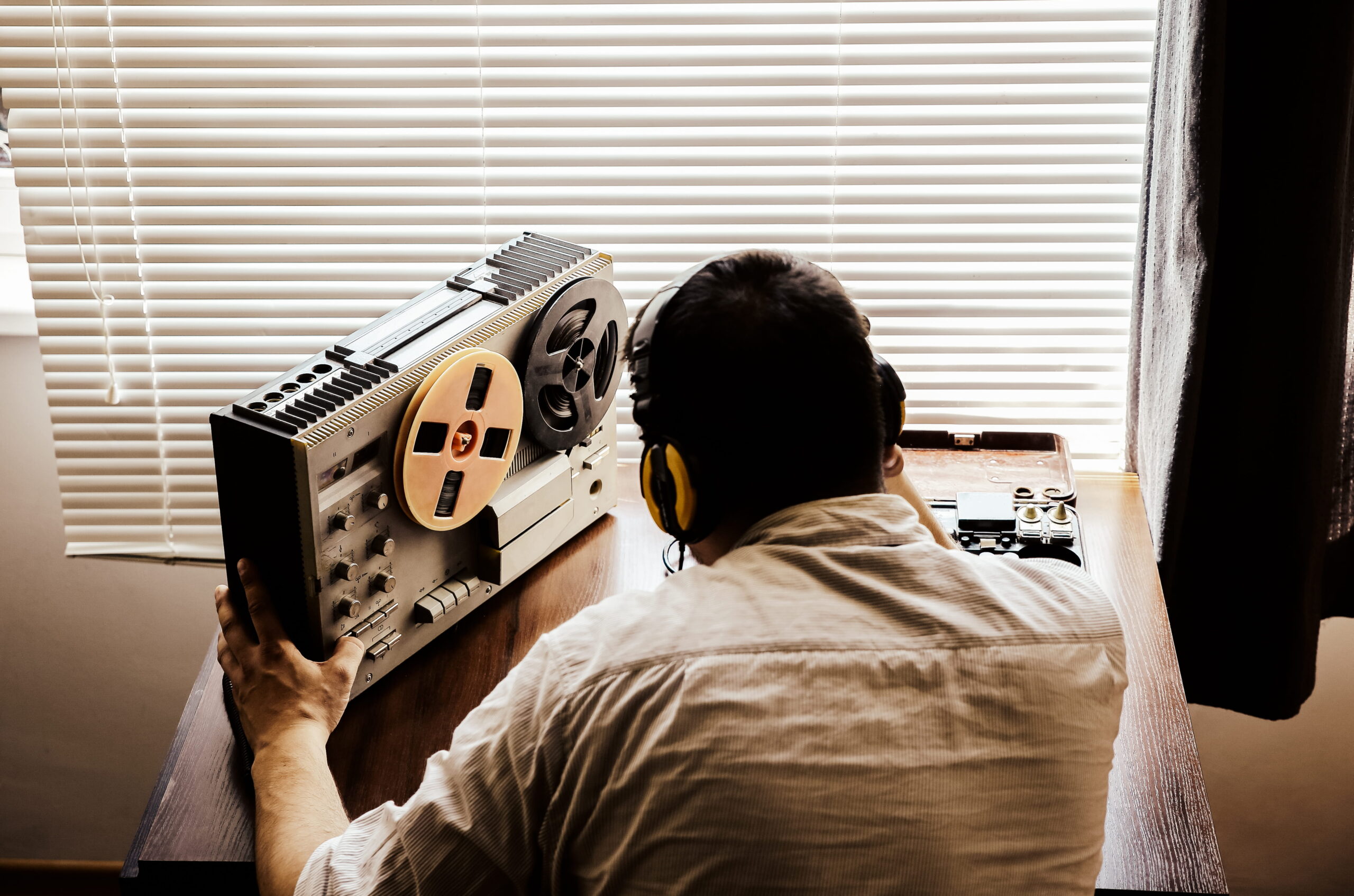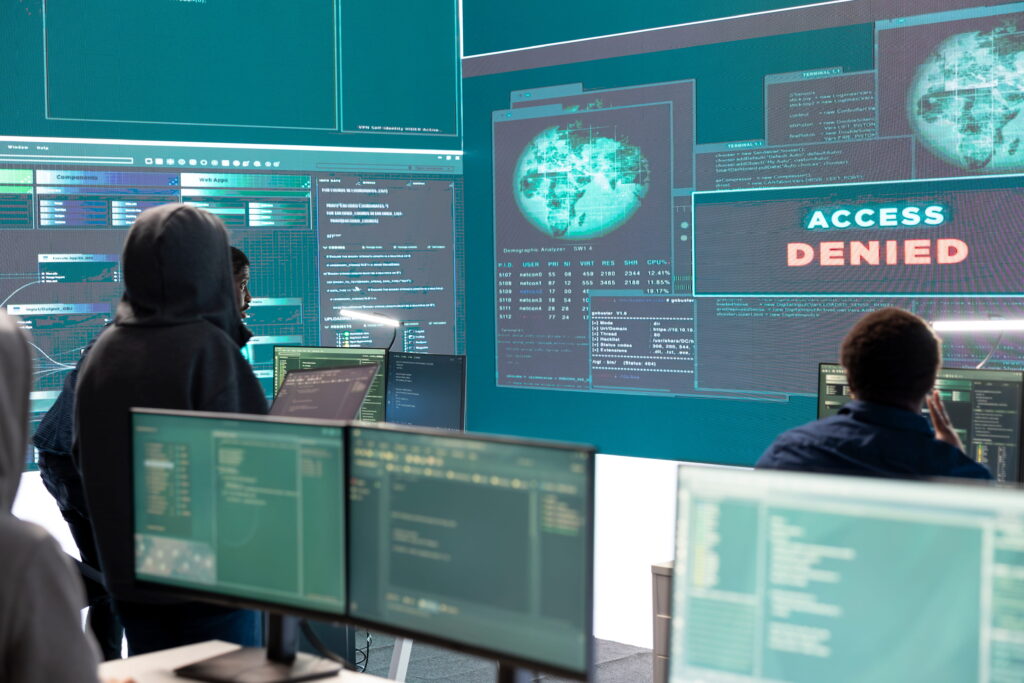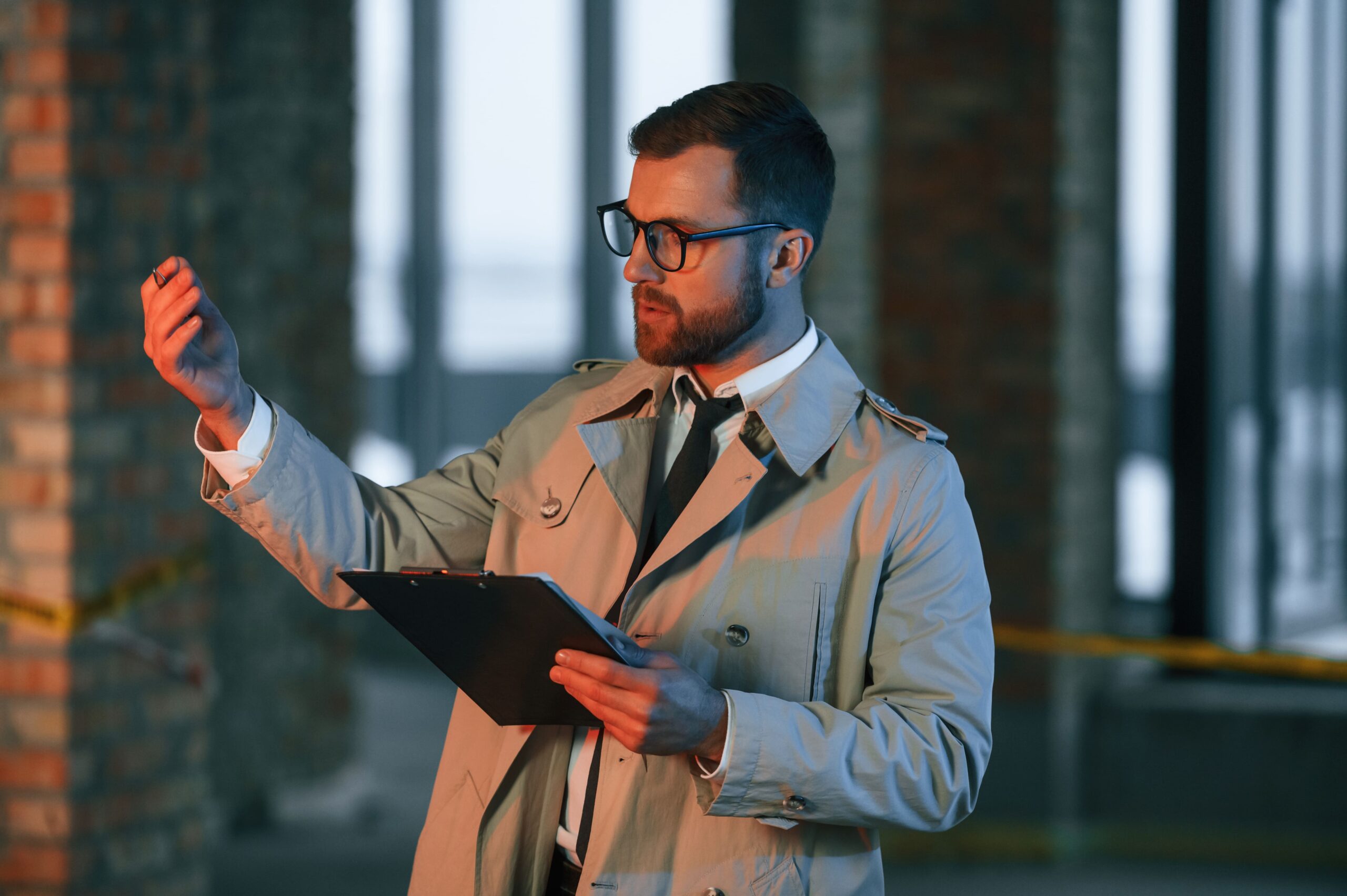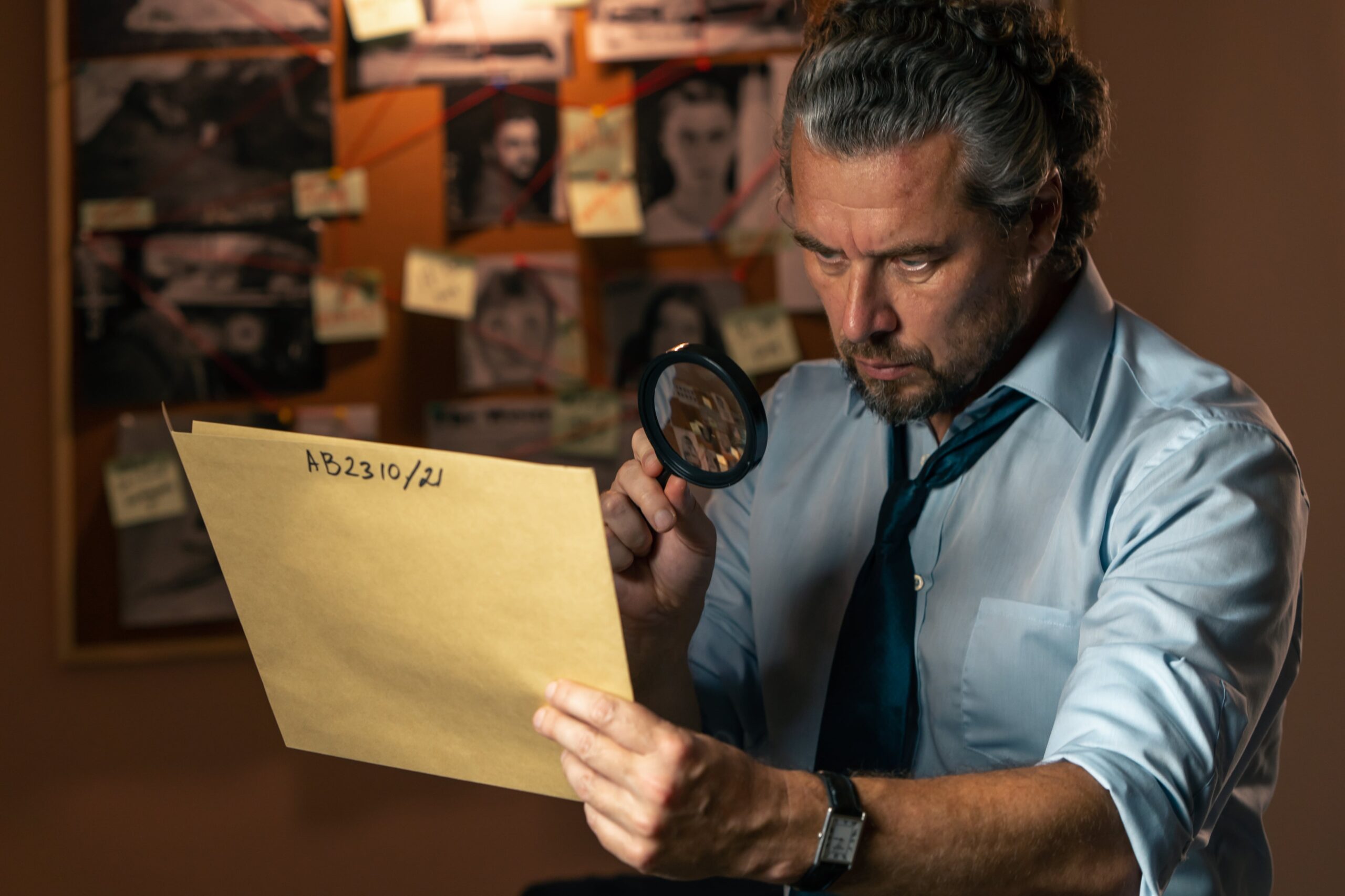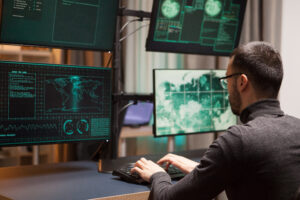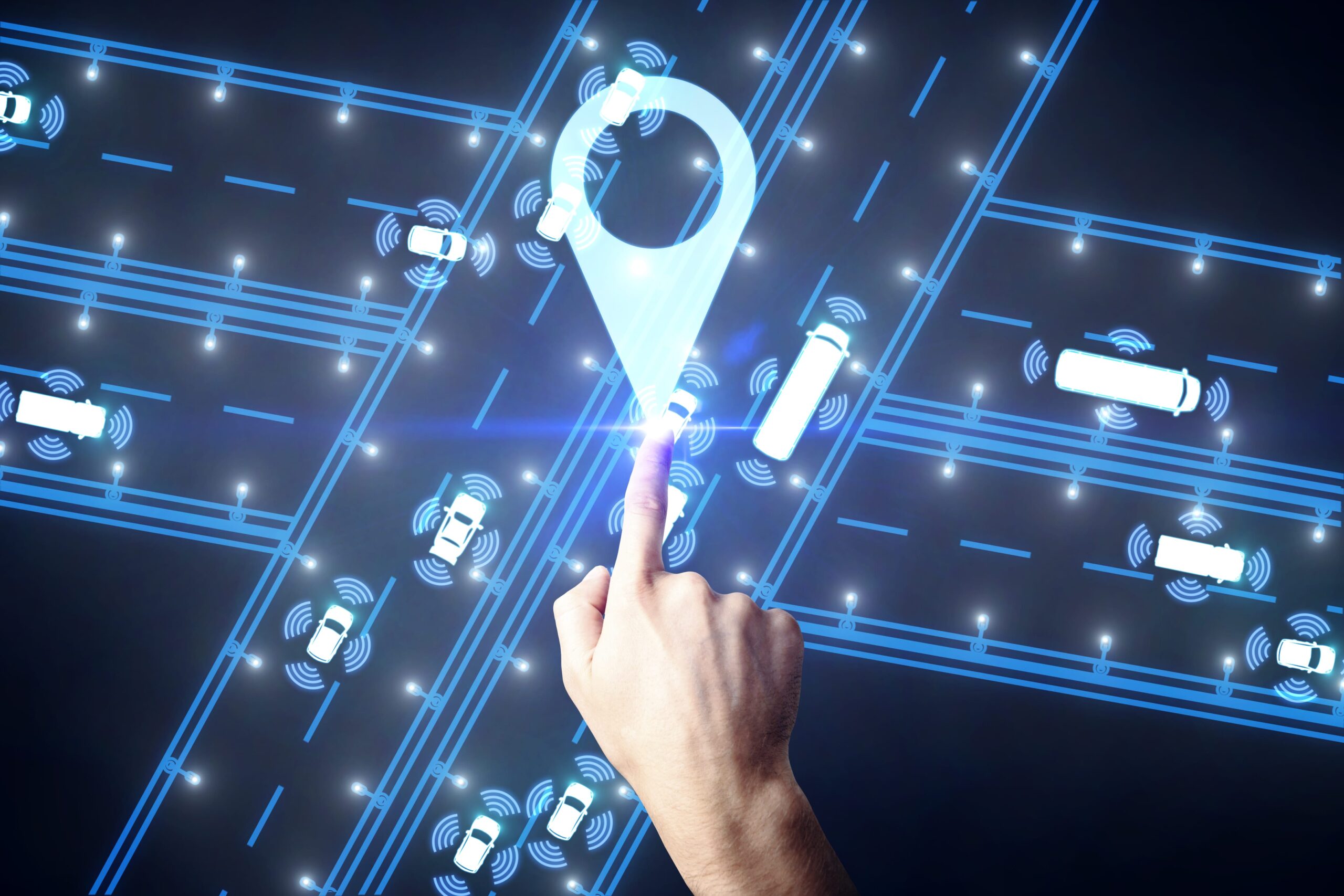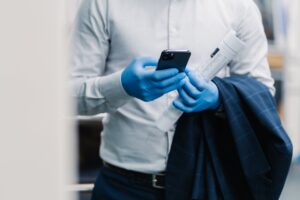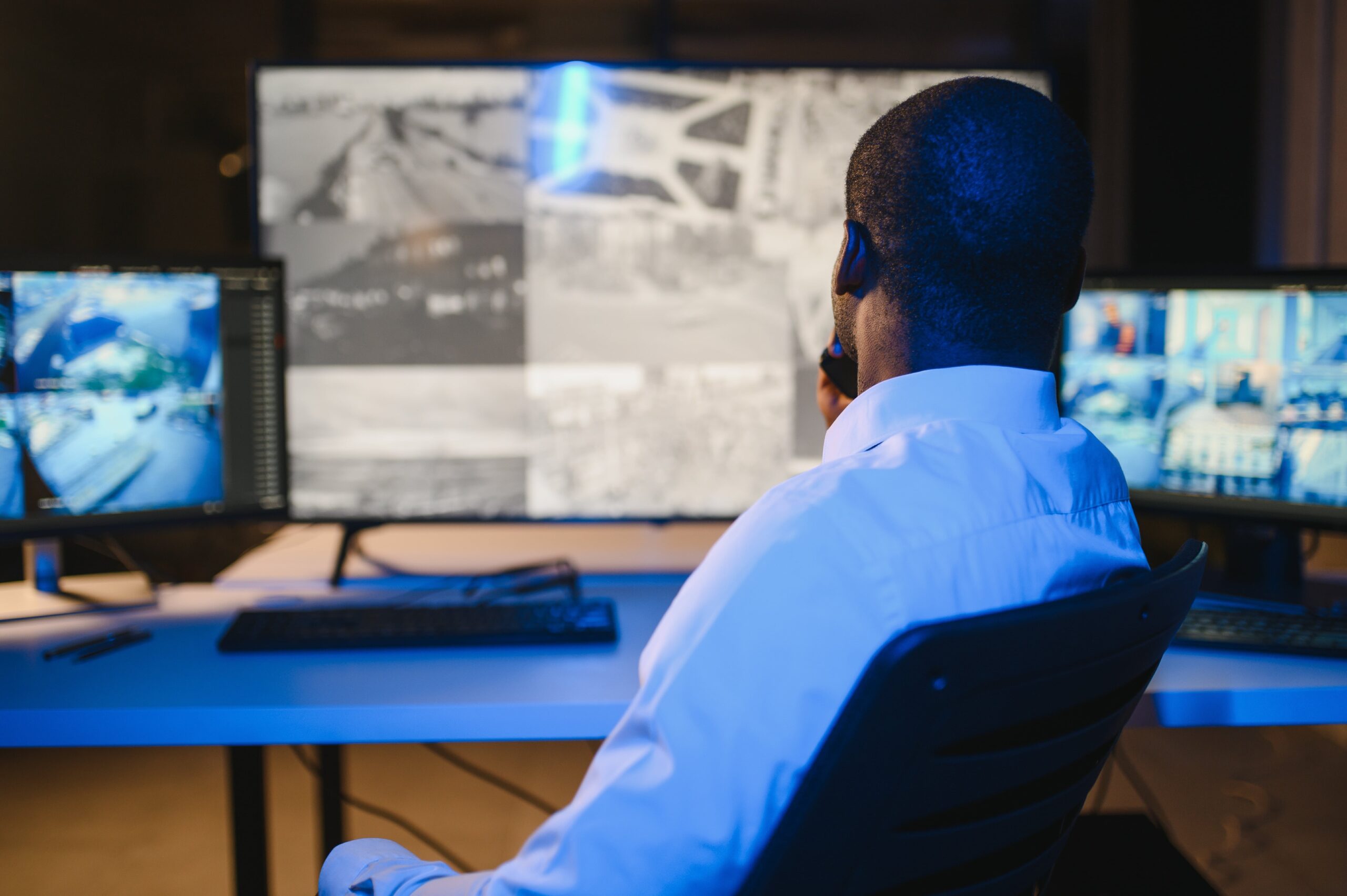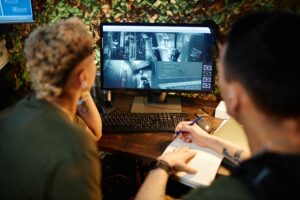It often starts with a gut feeling. Perhaps a competitor underbid you by a fraction of a percent on a sealed contract, or a private conversation you held in the boardroom was repeated back to you by a third party.
You might tell yourself you are being paranoid. You might think hidden microphones and pinhole cameras are the stuff of spy movies, not modern American business.
Here is the uncomfortable reality: Corporate espionage is a multi-billion-dollar industry, and it is far more common than most executives realize. In today’s hyper-competitive market, information is the most valuable currency, and bad actors are willing to break the law to steal it.
If you suspect your office is compromised, you are likely not “imagining things.” However, the technology used to spy on businesses today has evolved significantly. We are no longer looking for clunky tape recorders taped under a desk. Modern surveillance devices are microscopic, digital, and often disguised as functional, everyday objects like smoke detectors, surge protectors, or even phone chargers.
In this guide, the counter-surveillance experts at Southern Recon Agency will walk you through the physical and electronic red flags that suggest your privacy has been breached. We will help you identify what you can see with the naked eye, and explain why the most dangerous threats remain invisible to everything but professional-grade detection equipment.
Physical Indicators: The “Easiest” Signs to Spot

While top-tier intelligence operatives leave virtually no trace, many instances of corporate espionage are conducted by insiders—disgruntled employees, cleaning staff, or competitors with hurried access to your building. These individuals often lack the time or tools to perform a “clean” install.
Because they are working quickly, they make physical mistakes. If you know where to look, you can often spot the aftermath of a hurried installation.
Displaced Objects and the “Dust Test”
The most common way a listening device enters a room is not by breaking into a wall, but by manipulating objects that are already there.
- Check the symmetry: Look at the items that usually fade into the background—smoke detectors, wall clocks, and exit signs. Are they slightly crooked? Does the clock look a few inches lower than you remember?
- Look for dust rings: This is a classic investigator’s trick. If a heavy object (like a bookshelf, filing cabinet, or desk lamp) has been moved to plant a device and then put back, it rarely lands in the exact same spot. Look for a “halo” or ring of dust that outlines where the object used to sit. If you see a clean patch of desk next to a dusty base, that item has been moved recently.
Wall Plate & Fixture Misalignment
Hardwired bugs—devices connected directly to your building’s electrical system—are dangerous because they do not rely on batteries. They can transmit indefinitely. To install these, a spy must access your electrical boxes.
- Inspect your outlets and switches: Look closely at the plastic faceplates on your power outlets, light switches, and thermostats.
- Signs of tampering: Are the screws slightly chewed up or stripped (indicating a hurried unscrewing)? Is the paint around the edge of the plate chipped? If the wallpaper bordering a light switch appears jagged or torn, someone may have removed the plate to hide a microphone or camera inside the junction box.
Unfamiliar “Gifts” or New Tech (The Trojan Horse)
In the world of TSCM (Technical Surveillance Countermeasures), we frequently encounter “Trojan Horse” devices. These are fully functional items that contain hidden surveillance tech, introduced into your office under the guise of a gift or a necessary upgrade.
- Beware the “forgotten” item: Be suspicious of generic items that appear without a clear owner—a new power strip under a conference table, a random USB charger left in a socket, or a nondescript air purifier.
- Vendor gifts: Did a vendor or competitor recently gift you a desk clock, a “smart” picture frame, or a high-end pen? Modern bugs can be concealed inside these objects while maintaining the object’s original function. The clock still tells time, and the charger still charges your phone, but they are also recording every word spoken in the office.
Debris and Drywall Dust
Installing a pinhole camera into a wall or ceiling tile requires drilling. Even a careful spy can leave microscopic debris.
- Scan the floorboards: Look at the floor immediately below your electrical outlets, vents, and baseboards. You are looking for a fine dusting of white drywall powder or small flecks of ceiling tile.
- Check the furniture: If a spy stood on a chair or desk to reach a ceiling tile, they may have left shoe prints, scuffs, or debris on the furniture itself.
Electronic & Audio Red Flags
While physical signs are helpful, the most sophisticated listening devices are designed to be invisible to the naked eye. However, these devices must still capture data and transmit it out of your office. This transmission requires power and radio frequencies, both of which can create electronic “noise” or anomalies that you may be able to detect if you are paying attention.
Static, Buzzing, and Interference

In the era of analog bugs, a listening device would often cause significant feedback on phone lines. While modern digital bugs are much “quieter,” they still emit Radio Frequency (RF) energy that can interfere with other electronics.
- The “Speaker Test”: Have you ever heard a rhythmic buzzing or clicking sound coming from your desktop speakers or conference phone right before your cell phone rings? That is RF interference. If you hear that same sound when no one is making a call or sending a text, it may indicate a hidden GSM (cellular) bug nearby is transmitting data.
- Landline Anomalies: If your office landlines have suddenly developed a faint scratchiness, volume drops, or popping sounds, do not dismiss it as “bad wiring.” It could be a sign of a wiretap or a parallel parasitic device drawing power from the line.
Rogue Wi-Fi Networks and “Evil Twins”
Modern espionage is increasingly relying on Wi-Fi to exfiltrate data. A spy might plant a small device that connects to your network or creates its own hotspot to bypass your firewall.
- Check your available networks: Open the Wi-Fi list on your phone or laptop. You are looking for strong signals that do not belong.
- The “Printer” disguise: A common tactic is to name a rogue hotspot something innocuous, like “HP-Printer-Setup,” “Guest-Network,” or “Office-Conference.” If you see a network with full signal strength that you don’t recognize—especially if it persists after hours—it could be a bridge used to remotely access a listening device or a hidden camera.
Unexpected Device Behavior (Malware & Spyware)
Sometimes the “bug” isn’t on the wall; it is in your pocket. Technical surveillance often targets the smartphones and laptops of executives to turn them into roving microphones.
- Battery Drain and Heat: Malicious spyware runs in the background, constantly recording audio or GPS data and uploading it to a remote server. This consumes significant processing power. If your secure work phone suddenly starts running hot or the battery dies in half the usual time, it may be compromised.
- Rebooting and Lag: If your devices are rebooting on their own, lighting up when not in use, or taking an unusually long time to shut down, it may be because a surveillance app is attempting to complete a data upload before the device powers off.
Why Cheap “Bug Detectors” Give False Security
When executives suspect they are being watched, their first instinct is often to visit an online retailer and purchase a “hidden camera detector” or “RF wand” for $50 to $200. It seems like a proactive, cost-effective solution.
In reality, relying on consumer-grade detection tools can be more dangerous than doing nothing at all.
These devices often provide a false sense of security. They might stay silent during a sweep, leading you to believe your office is “clean” when, in fact, a sophisticated device is recording every word you say. Here is why amateur equipment fails against professional espionage.
The “Burst Transmission” Problem
Cheap RF (Radio Frequency) detectors are designed to find devices that are transmitting a continuous signal. However, modern professional listening devices rarely transmit continuously because doing so drains battery and makes them easy to find.
Instead, professional-grade bugs use a technique called “Store-and-Forward” or Burst Transmission. They record audio quietly for hours or days, storing the data internally. Then, at a pre-programmed time (often 3:00 AM when the office is empty), they compress that data and “burst” it out in a transmission that lasts only a few seconds.
A handheld bug detector will simply not find this device unless you happen to be standing right next to it at the exact second it bursts. Professional TSCM teams use Spectrum Analyzers that monitor radio frequencies over long periods to capture these fleeting signals.
The “Silent” Recorder (Hardwired & Passive Devices)
Not every bug transmits a signal. Some of the most effective espionage tools are passive recorders. These are simply high-fidelity voice recorders hidden inside a wall, a ceiling tile, or a piece of furniture. They don’t transmit Wi-Fi, Bluetooth, or RF signals; they simply sit there, recording to a memory card to be retrieved later by the spy.
Because these devices do not emit a signal, no RF detector on earth can find them. Finding a passive recorder requires physical inspection tools like Non-Linear Junction Detectors (NLJD), which bounce a signal off the semiconductor components inside the recorder to reveal it, even if the device is turned off or has a dead battery.
The Frequency Gap
Consumer bug detectors typically scan a very narrow range of frequencies. Sophisticated eavesdropping devices can operate on frequencies well outside the range of a standard detector—such as ultra-high frequencies (5G ranges) or very low frequencies (sub-carrier waves on power lines).
Furthermore, cheap detectors are prone to false positives. They will beep frantically at your Wi-Fi router, your microwave, or the cell tower down the street. Without the training to interpret what signal you are detecting, a cheap wand is little more than a noise-maker.
The Difference Between a “Nanny Cam” and Corporate Espionage

When most people imagine a hidden camera, they picture the devices seen in news reports about Airbnb rentals or domestic disputes—often referred to as “nanny cams.” While these devices are technically surveillance tools, there is a massive gulf between consumer-grade spy gear and the equipment used in professional corporate espionage.
Understanding this distinction is critical to assessing your actual risk level.
Amateur Surveillance (The “Nanny Cam” Tier)
Amateur surveillance is typically conducted by individuals acting alone—a jealous partner, a suspicious lower-level manager, or a cleaning crew member looking for opportunities for petty theft.
- The Gear: These devices are purchased off-the-shelf from Amazon or eBay for under $100.
- The Vulnerability: They are usually bulky, made of cheap plastic, and often have tell-tale indicators like a blinking LED light when recording. They almost always rely on your office’s standard Wi-Fi network to transmit video, making them relatively easy to spot if you check your router logs.
- The Goal: General curiosity, harassment, or evidence for HR disputes.
Professional Corporate Espionage
If your company is involved in high-stakes litigation, proprietary research and development, or high-value contract negotiations, you are likely not facing a $50 camera disguised as a teddy bear. You are facing a targeted extraction of intelligence.
- The Gear: Professional operatives use modified or custom-built surveillance tools. These can be micro-transmitters smaller than a dime, buried inside the drywall or integrated into the circuitry of your conference room’s Polycom phone.
- The Stealth: These devices do not have blinking lights. They often use their own encrypted cellular channels (GSM/5G) or “frequency hopping” technology to evade detection. They are installed by professionals who know how to bypass standard security sweeps.
- The Goal: The theft of Intellectual Property (IP), client lists, merger details, or financial data worth millions of dollars.
The Bottom Line: If you find a device that looks obvious, it may be a decoy meant to distract you from the deeper, more sophisticated bug hidden in the room. If your business has secrets worth stealing, assume you are up against professional-grade technology that requires a professional-grade response.
I Found Something: What Do I Do? (Protocol)
If you follow the steps above and discover a suspicious device, or even an anomaly that you can’t explain, your immediate instinct will likely be to rip it out of the wall or call your partner to discuss it.
Do not do this.
If you have discovered a listening device, the person who planted it is likely monitoring it. Reacting emotionally or tampering with the device can alert the perpetrator, destroy critical evidence, or cause them to wipe the data remotely.
Follow this strict protocol to protect yourself and the integrity of the investigation:
1. Stop Talking Immediately

Assume the device is active and live-streaming. Do not exclaim, “Look at this!” or call anyone into the room to see it. Continue your conversation naturally if possible, or quietly excuse yourself from the room. Do not discuss your findings until you are in a completely secure location.
2. Do Not Touch or Remove the Device
This is the most common mistake victims make.
- Forensic Evidence: The device (and the area around it) may contain the installer’s fingerprints, DNA, or digital footprints. Removing it destroys the chain of custody needed for legal action later.
- Tamper Alerts: sophisticated devices often have “tamper switches.” If the device is moved or disconnected from power, it may send an alert to the spy or automatically format its memory card, erasing the proof you need to identify who is spying on you.
3. Leave the “Hot Zone”
Calmly leave the office. Do not act suspiciously. If you need to make a call, do not do it from the building’s lobby or parking lot. Drive to a neutral location, such as a coffee shop or a location several miles away.
4. Use a “Safe” Phone
Do not use your office desk phone, and avoid using your personal cell phone if you suspect it has been compromised by spyware.
- Borrow a phone from someone unconnected to your business.
- Use a burner phone.
- At the very least, ensure you are off the office Wi-Fi and well away from the suspected area.
5. Contact a Professional TSCM Team

Once you are in a secure environment, contact a licensed investigation agency that specializes in Technical Surveillance Countermeasures (TSCM). Explain strictly what you found, but do not discuss sensitive case details until you are sure the line is secure.
How Professional TSCM Sweeps Work
When you hire Southern Recon Agency for a Technical Surveillance Countermeasures (TSCM) sweep, you are not just paying for someone to look behind your paintings. You are commissioning a forensic audit of your physical and electronic environment.
Our process goes far beyond visual inspection, utilizing government-level technology to detect threats that are dormant, hardwired, or encrypted. Here is what a professional sweep actually looks like:
1. Radio Frequency (RF) Spectrum Analysis
Before we even enter the target room, we often begin monitoring the radio frequency environment. Using laboratory-grade Spectrum Analyzers, we visualize the invisible radio waves in your office. We look for “spikes” of energy that don’t belong, isolating unauthorized transmissions amidst the sea of legitimate Wi-Fi, Bluetooth, and cellular signals. This allows us to catch “burst” transmitters that only send data for fractions of a second.
2. Non-Linear Junction Detection (Finding the “Dead” Bugs)
This is the most critical difference between a pro sweep and a DIY check. We use Non-Linear Junction Detectors (NLJDs). These devices emit a signal that excites the semiconductor components found in all modern electronics.
- Why it matters: An NLJD will detect a hidden camera or microphone even if it is turned off, has a dead battery, or is disconnected. If there is electronic circuitry hidden inside a wooden desk leg or a drywall partition, the NLJD will find it.
3. Thermal & Infrared Inspection
Electronics generate heat, even when they are small. Using high-resolution Thermal Imaging Cameras, we scan walls, ceilings, and vents for heat signatures that shouldn’t be there. A pinhole camera hidden behind a wall clock might be invisible to the eye, but to a thermal camera, its heat signature shines like a beacon.
4. Physical & Optical Inspection
Finally, our investigators perform a meticulous physical search. We examine the “insides” of outlets, smoke detectors, and drop ceilings. We also use lens detection equipment to find the curvature of hidden camera lenses that may be concealed behind tinted glass or within appliances.
Peace of Mind Requires Certainty
In the world of business, paranoia is often just another word for awareness. If you have noticed odd discrepancies in your office, or if your competitors seem to know your moves before you make them, you cannot afford to ignore your instincts.
While a visual check of your office is a good first step, it is not a security strategy. The reality is that modern corporate espionage tools are designed to defeat the untrained eye. A $100 bug detector is no match for a $5,000 burst transmitter.
The only way to be truly certain that your office is secure is to bring in qualified professionals who understand the mindset and the technology of the adversary.
Do not leave your company’s future to chance.
Take Action Today
If you suspect your office, vehicle, or home has been bugged, discretion is your highest priority.
Contact Southern Recon Agency immediately.
- Call us from a secure line (not the phone you suspect is bugged).
- Do not email us from your work computer.
- Let our elite team of investigators restore your privacy and your peace of mind.



